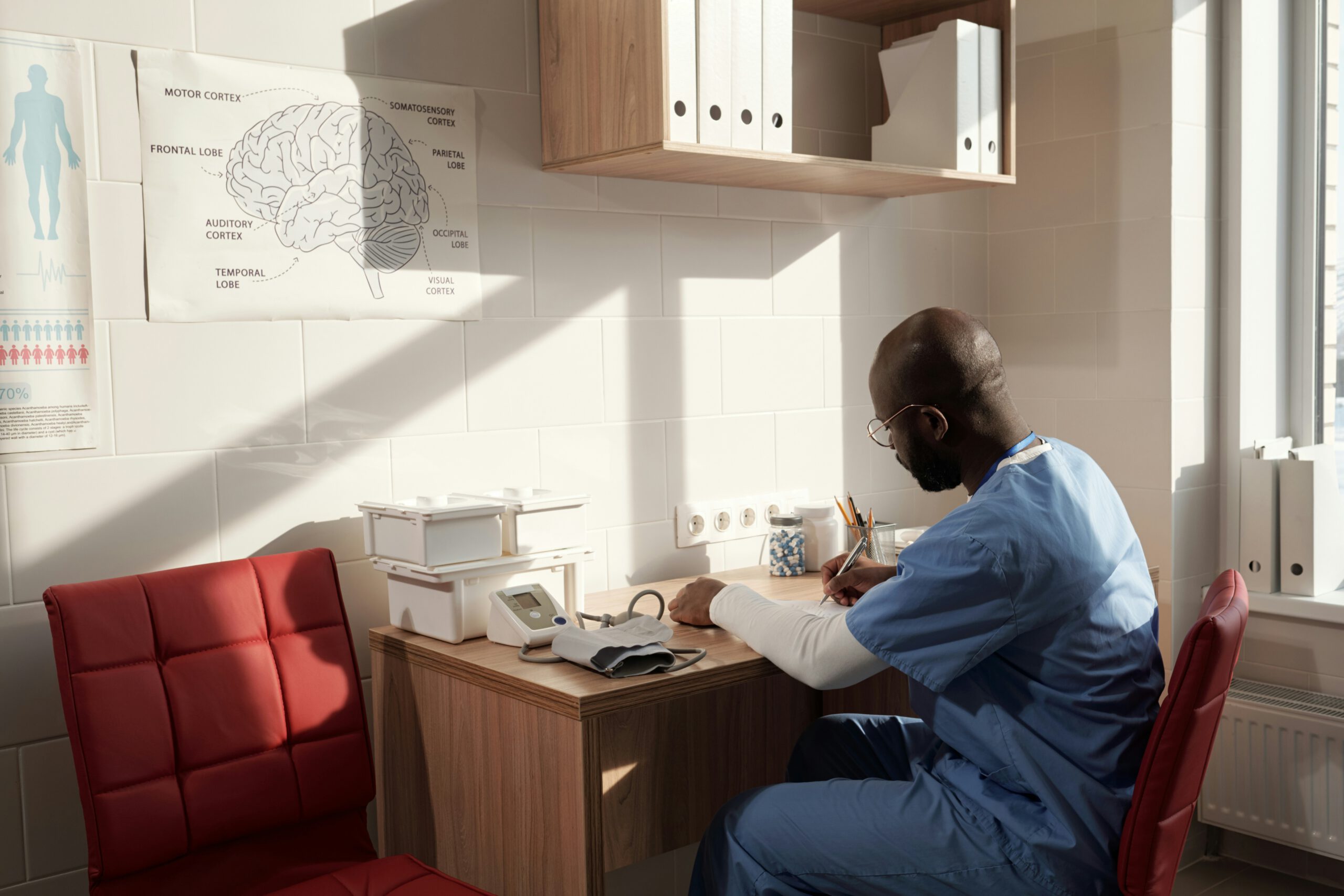Transcranial Magnetic Stimulation (TMS) is not just an emerging tool—it is a central figure in the evolving landscape of mental health treatment. As research continues to uncover its efficacy across multiple psychiatric conditions, the time is ripe to re-evaluate the role of TMS in modern psychiatry.
While traditionally considered a last-resort treatment for major depressive disorder, TMS is steadily gaining traction as a first-line or adjunct option for a variety of hard-to-treat conditions. From bipolar depression to anxiety and PTSD, clinical data is reinforcing what many clinicians already observe in practice: TMS offers reliable relief without the burdens of medication side effects or invasive procedures.
Why Reassess TMS in Modern Psychiatry?
The psychiatric field is at a pivotal moment. Medications remain foundational, but they don’t work for everyone. Roughly one-third of patients with major depressive disorder are treatment-resistant, and similar challenges exist for bipolar disorder and anxiety. That’s where TMS in modern psychiatry starts to shine—offering both safety and adaptability in treatment-resistant populations.
Here are some compelling areas where TMS is reshaping outcomes:
Bipolar Depression: Encouraging Data for a Complex Diagnosis
Managing bipolar depression is one of the most difficult tasks in psychiatry. Antidepressants can risk mood destabilization, and many patients cycle through ineffective regimens. TMS presents a compelling, non-pharmacological alternative.
A systematic review of 12 clinical studies analyzing TMS outcomes in bipolar depression revealed moderate-to-large improvements in depressive symptoms, particularly among treatment-resistant individuals. Response rates reached approximately 54%, and remission rates were similarly promising.
Key findings from the review include:
- 54% response rate in treatment-resistant bipolar depression
- Minimal side effects reported, typically limited to scalp discomfort
- Seizure risk remains very low (0.1–0.2%)
- Non-invasive approach requiring no medications
- Long-term symptom relief with improved quality of life
This evidence supports a broader and earlier use of TMS in modern psychiatry, particularly for patients struggling with mood instability and medication fatigue.
Anxiety: Quieting the Nervous System
The role of TMS in modern psychiatry extends well beyond depression. Generalized anxiety disorder (GAD), panic disorder, and social anxiety often coexist with mood disorders, complicating treatment plans.
A meta-analysis of 10 studies found that TMS, particularly when targeting the right dorsolateral prefrontal cortex (rDLPFC), led to moderate reductions in anxiety symptoms across multiple diagnoses. Given the non-systemic nature of TMS, it’s an ideal choice for patients who experience poor tolerance to benzodiazepines or SSRIs.
Furthermore, the rise of personalized protocols has made TMS even more viable. Clinicians are now using EEG-informed coil placement and adjusting stimulation frequency to match individual brain profiles—creating a more targeted approach to anxiety relief.
PTSD and Beyond: A Window Into Neural Reset
Post-traumatic stress disorder (PTSD) is another condition where TMS in modern psychiatry is showing significant promise. Randomized clinical trials in veterans and civilians report meaningful reductions in symptoms, particularly when TMS is integrated with trauma-informed psychotherapy.
The mechanism is thought to involve rebalancing activity in brain regions tied to emotion regulation, such as the amygdala and medial prefrontal cortex. This effect can improve emotional processing, reduce reactivity, and support long-term healing—all without pharmacological intervention.
Personalized Psychiatry: The Real Promise of TMS
What makes TMS in modern psychiatry truly exciting is its flexibility. With customizable frequencies (1 Hz, 10 Hz, theta burst), session durations, and coil types (figure-8, H-coils), psychiatrists now have an adaptable tool that can meet the unique neural signatures of each patient.
Emerging innovations in neuronavigation and quantitative EEG mapping make targeting even more precise, allowing clinicians to identify underactive or overactive brain regions with increasing accuracy.
“The future of psychiatry lies in personalization—and TMS is already there. It’s the first tool I reach for when medication has failed or isn’t an option.”
— Dr. L. Kumar, Board-Certified Psychiatrist
This level of precision doesn’t just improve outcomes—it strengthens the therapeutic alliance. Patients feel that their treatment is tailored to their needs, and providers have objective data to guide decision-making.
Fewer Side Effects, More Patient Adherence
Another major advantage of TMS is its minimal side-effect profile. Unlike antidepressants or mood stabilizers, TMS does not cause weight gain, sexual dysfunction, sedation, or cognitive dulling. For many patients, this leads to higher treatment adherence and greater satisfaction.
Additionally, recent developments such as intermittent theta burst stimulation allow for shorter treatment sessions, sometimes as brief as three minutes. This convenience allows patients to fit TMS into their daily lives without disruption—an important consideration for working professionals, caregivers, and students.
A Call to Action for Providers and Clinics
As the evidence base grows, it’s clear that TMS in modern psychiatry deserves more than niche status. Psychiatrists, therapists, and healthcare systems should consider expanding access to TMS not just as a fallback, but as a proactive treatment strategy.
Whether integrated into outpatient clinics, hospitals, or private practice, TMS represents an opportunity to elevate standards of care and offer hope to individuals who have long struggled to find relief.
Devices like the Blossom TMS are designed to meet that demand—providing reliable performance, precision targeting, and support for a wide range of treatment protocols.
The Future of Psychiatry is Magnetic
The conversation around TMS in modern psychiatry is changing—and for good reason. With strong clinical data, minimal side effects, and unmatched flexibility, TMS is more than a treatment; it’s a paradigm shift. Whether used for bipolar depression, anxiety, PTSD, or treatment-resistant unipolar depression, it offers a patient-centric, evidence-based solution with room for innovation.
Now is the time to embrace the full potential of this transformative tool.
Learn more about Blossom TMS and explore how TMS can fit into your practice.
Visit https://blossomtms.com
Phone: 833.3BUY.TMS (833.3289.867)
Email: Sales@sebersmedical.com
Address: 230 S Broad Street, 17th Floor, Philadelphia, PA 19102





